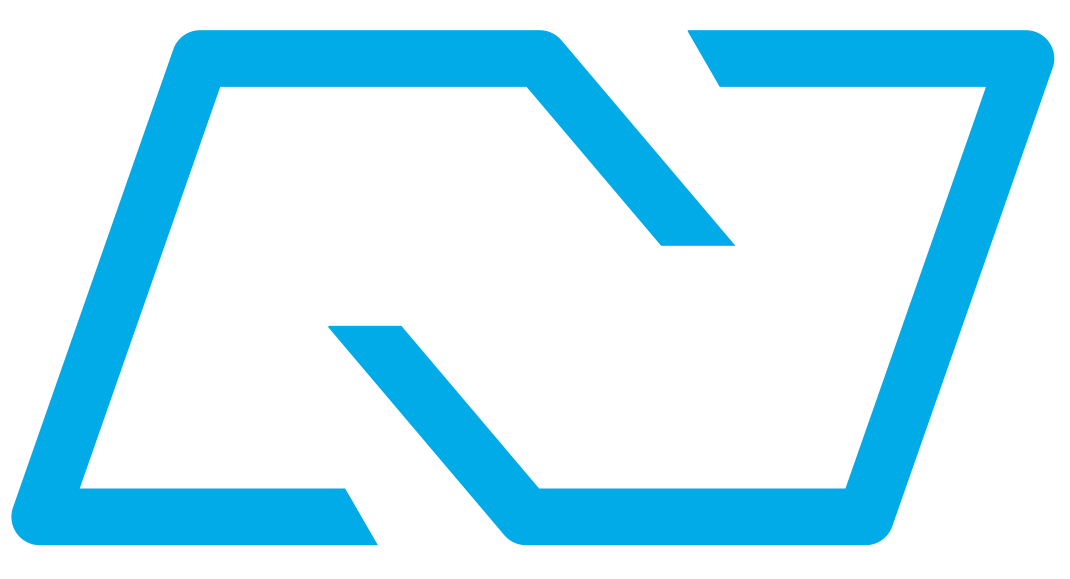Nations Lending Borrowers Either Live in the House or They Don’t
Financing investment and second homes can be more risky for Nations Lending and other lenders since the chance of the borrower defaulting on a house that is not their primary residence is much greater.
Nations Lending believes that occupancy (whether or not the borrower is going to live in the home being financed) is critical since occupancy fraud is also one of the more common types of mortgage fraud as some borrowers tend to be misleading about their occupancy in order to obtain better pricing and lower down payment options.
The down payment on a primary residence is as low as 3 percent, whereas the down payment for an investment property is at least 15 percent. One way that all lenders defend against this occupancy fraud is to ensure that borrowers attest to whether the subject property is a primary, secondary, or an investment home on the loan application and they have to sign an owner occupancy affidavit saying they will occupy the home within 60 days of closing.
Lenders like Nations Lending have added safeguards, and indeed industry-wide occupancy fraud has declined across the industry – and that helps our overall pricing! If fraudulent activity is exposed, lenders like Nations Lending may be required to buy back the loan but lenders are beginning to recognize occupancy fraud more due to advances in technology.
Some of the red flags include borrowers with mortgage applications pending elsewhere, or an unusually long commute between the borrower’s place of employment and the subject property, or an appraiser notices there are no appliances in the home. This type of fraud is more common on a cash-out refinance a well. When lenders do suspect suspicious activity they can report it to the Treasury Department’s Financial Crimes Enforcement Network, which maintains a database of suspicious and fraudulent mortgage activity.
By far, the best thing for borrowers to do is to be truthful with their loan officer!









No Comments